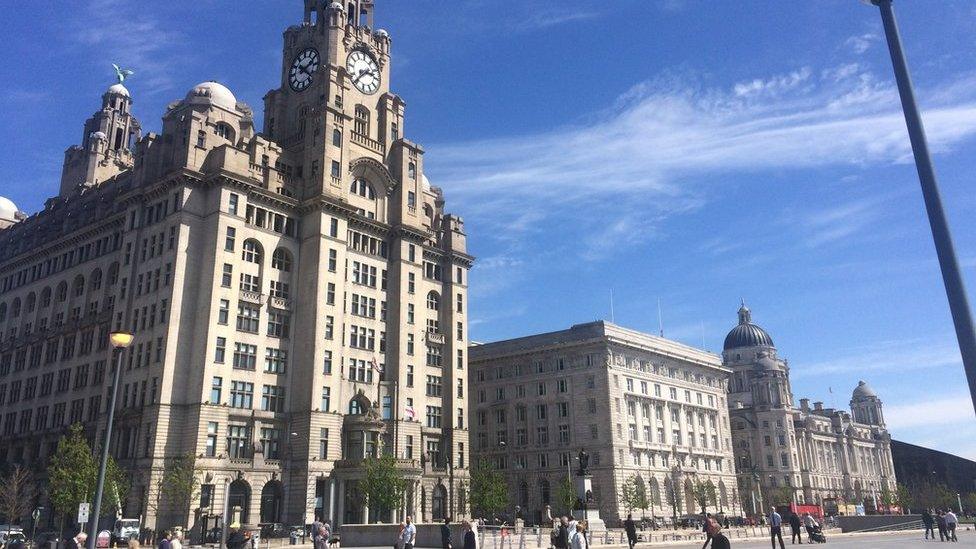Liverpool Council's £57m cash black hole 'worst since WW2'
- Published
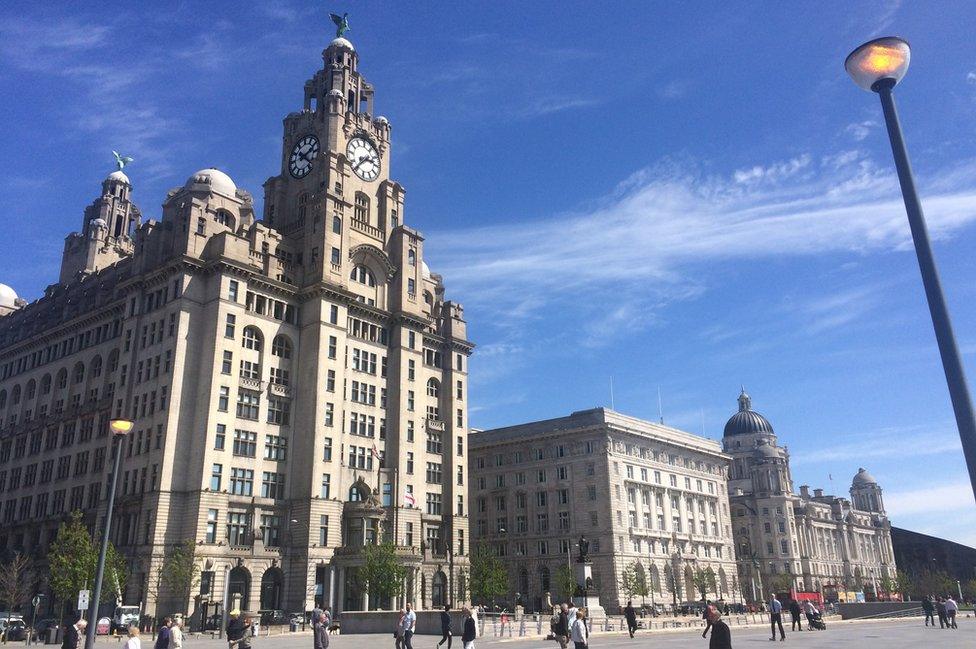
The city's council has blamed central government for the funding shortfall
Liverpool City Council is facing its "worst financial crisis since the Second World War", the city's mayor has said.
Joe Anderson blamed central government austerity for the budget gap, which will see the authority fall £57m behind schedule for the next financial year.
Opposition councillors united in a call to demand a solution from the government during a council meeting.
A government spokesman said councils would soon receive a funding increase.
"Next year we're giving councils the biggest increase in access to funding since 2015", a spokesman for the Ministry of Housing, Communities & Local Government said.
Wednesday night's meeting also heard the council had made a large profit after selling half its £2m stake in Liverpool John Lennon Airport for £19m.
But despite this, the council said it had lost 63% of its budget since 2010.
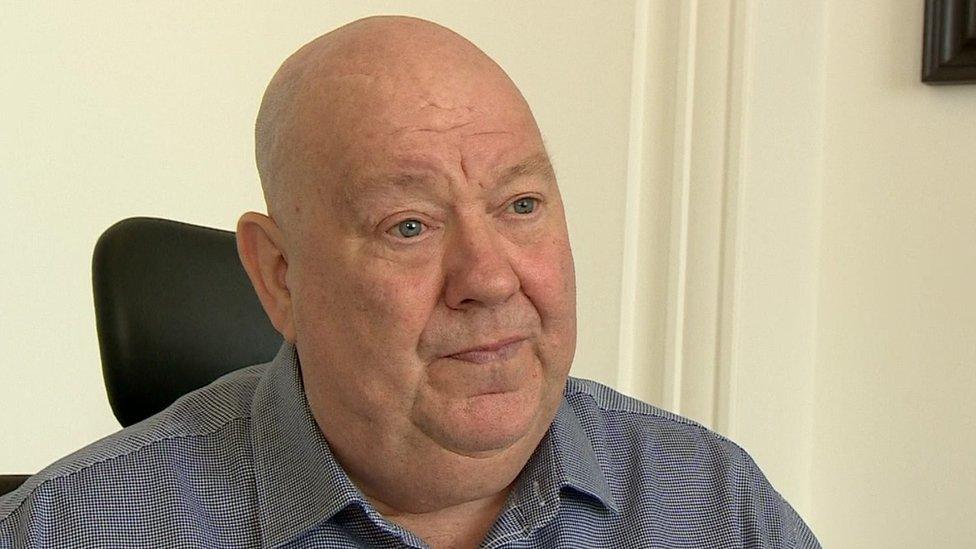
Mayor Joe Anderson said the city would need to take "bold and innovative steps" to survive
A projected shortfall for 2020-21 is £25m, while a further £19m is needed in cuts from its previous three-year cycle, the Local Democracy Reporting Service said.
Mr Anderson said: "What we have always done in this city is recognise that we will not get a steed coming over the hill to save us.
"That will continue as long as we have a government that stands by a policy of austerity, despite what they might say to the contrary."
All parties called for the provision of more funding for key council services.

Analysis: Claire Hamilton, BBC Merseyside political correspondent
While the mayor's language at last night's meeting was particularly bellicose, it's no secret that budget problems at the council have been bubbling under for nearly a decade.
In 2013 Joe Anderson claimed the council would be bankrupt in two years.
Since the coalition government in 2010 (coincidentally the year Joe Anderson became council leader) the warnings have been dire. Jobs have been lost and services reduced.
But alongside this narrative runs a more hopeful one.
The mayor's "invest to earn strategy" is paying dividends. Investments like buying the landmark Cunard Building, and buying and selling a stake in the airport show the authority's efforts to make its budgets work.
Whether schemes like this will generate enough cash overall remains to be seen.

Richard Kemp, leader of the city's Liberal Democrats, said: "The fact is that this council suffers like others from a year-by-year approach to finance from central government.
"If we're lucky we get a three-year funding settlement, and if we're very lucky that isn't tampered with part way through.
"If the government can agree 40 year plans for financing nuclear submarines why can't we regularly have a three or five year funding settlement?"
The MHCLG spokesman said: "Through its devolution deal with the government in 2015, the Liverpool City Region is receiving £1.3 billion and new powers to boost jobs, drive economic growth and deliver on the priorities of local people."
- Published17 September 2019
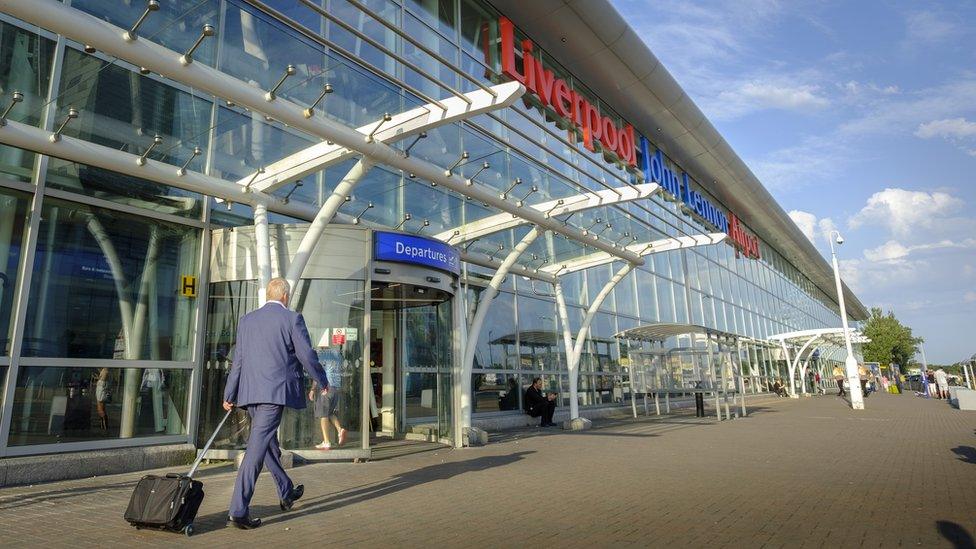
- Published5 September 2019
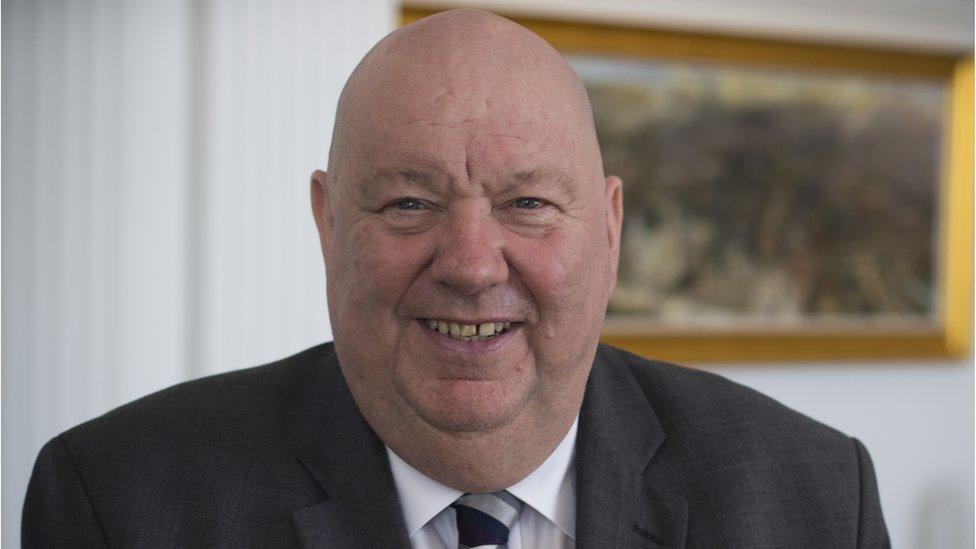
- Published3 July 2019
